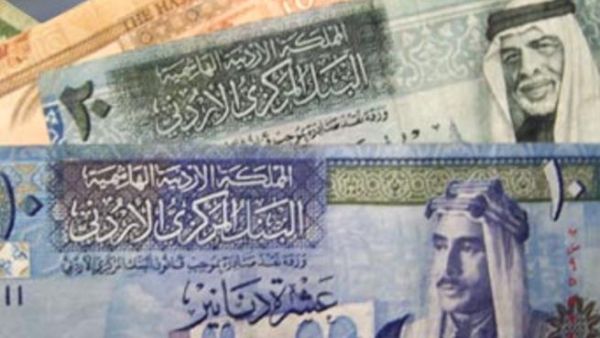Rising expatriates’ remittances have pushed up sharply the demand for the Jordanian dinar in recent weeks, according to the top representative of moneychangers.
Alaa Eddine Diraniyeh, president of the Jordanian Exchange Association, told The Jordan Times Monday that demand for the local currency has surged due to buoyant money transfers into the Kingdom by expatriates.
He said demand for the dinar is still above average levels as Eid Al Adha is approaching, noting that during Eid periods demand for the currency usually goes up because of money transfers by Jordanians abroad.
According to Central Bank of Jordan (CBJ) figures, remittances during the first three quarters of this year increased by 5.6 per cent to JD1.9 billion (around $2.7 billion).
CBJ figures also revealed that tourism revenues, another major contributor to foreign reserves, went up by nearly 18 per cent during the first nine months of 2012 reaching $2.7 billion compared to $2.3 billion during the same period of last year.
The Kingdom’s foreign reserves stood at $6.87 billion by the end of August, according to CBJ report, which showed that the reserves declined by over 34 per cent, or $3.6 billion, when compared to the amount registered by the end of August last year.
Asked if demand for foreign currencies, particularly the US dollar, has increased after the remarks of Prime Minister Abdullah Ensour on the impact of declining foreign reserves on the exchange rate of the dinar, Diraniyeh indicated that demand for the dollar is less than usual.
“Ensour’s statement had no impact whatsoever on the demand for currencies,” he stressed.
However, Ensour warned that the current blanket subsidy system is a burden on the treasury and should stop.
Several critics described Ensour remarks as a notice that in order to maintain the exchange rate of the dinar, the government has to remove subsidies on essential commodities and services.








